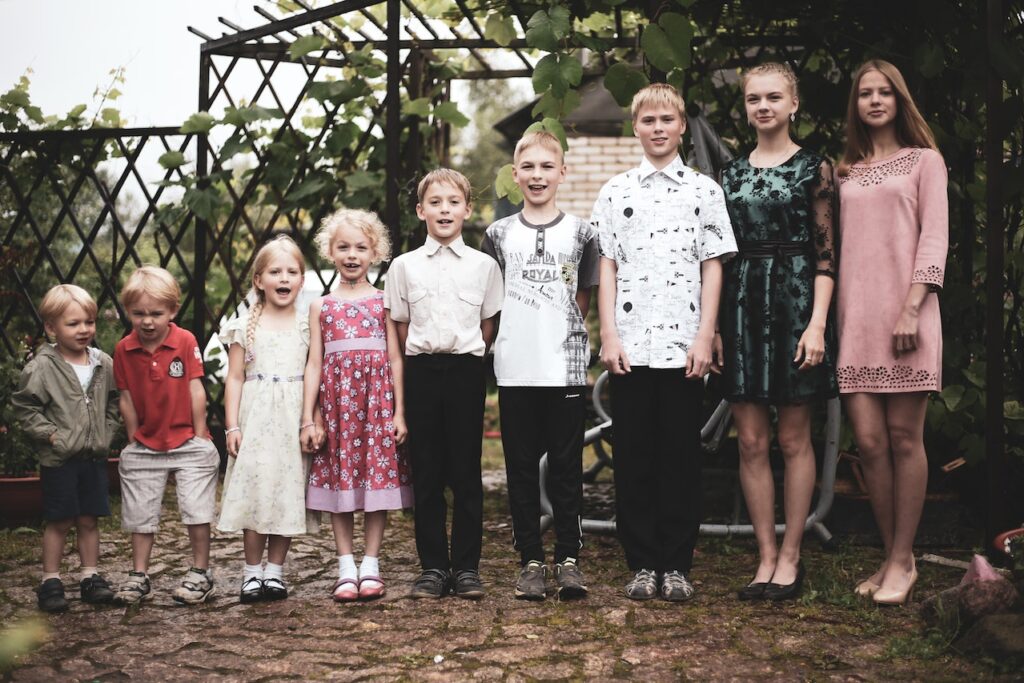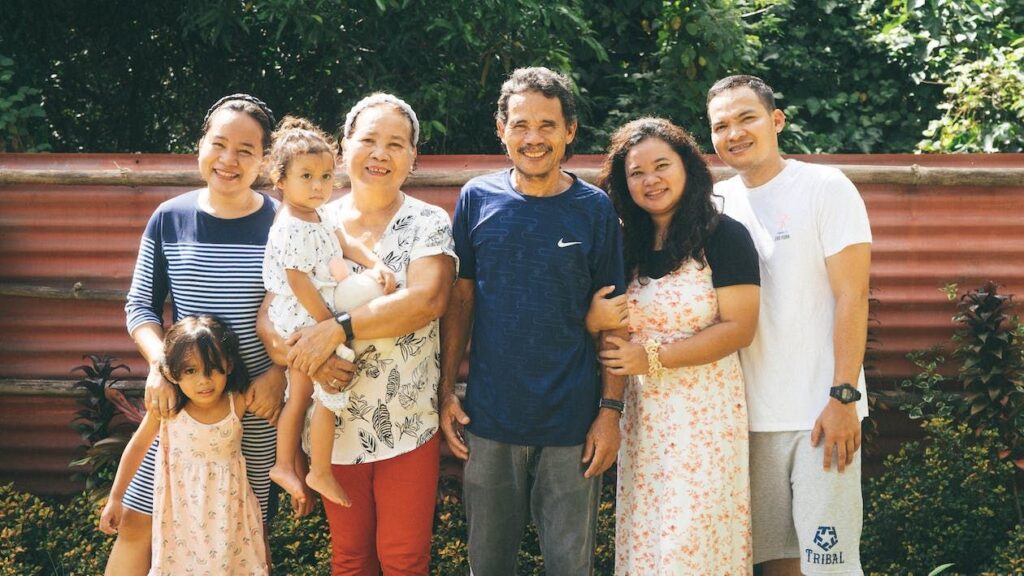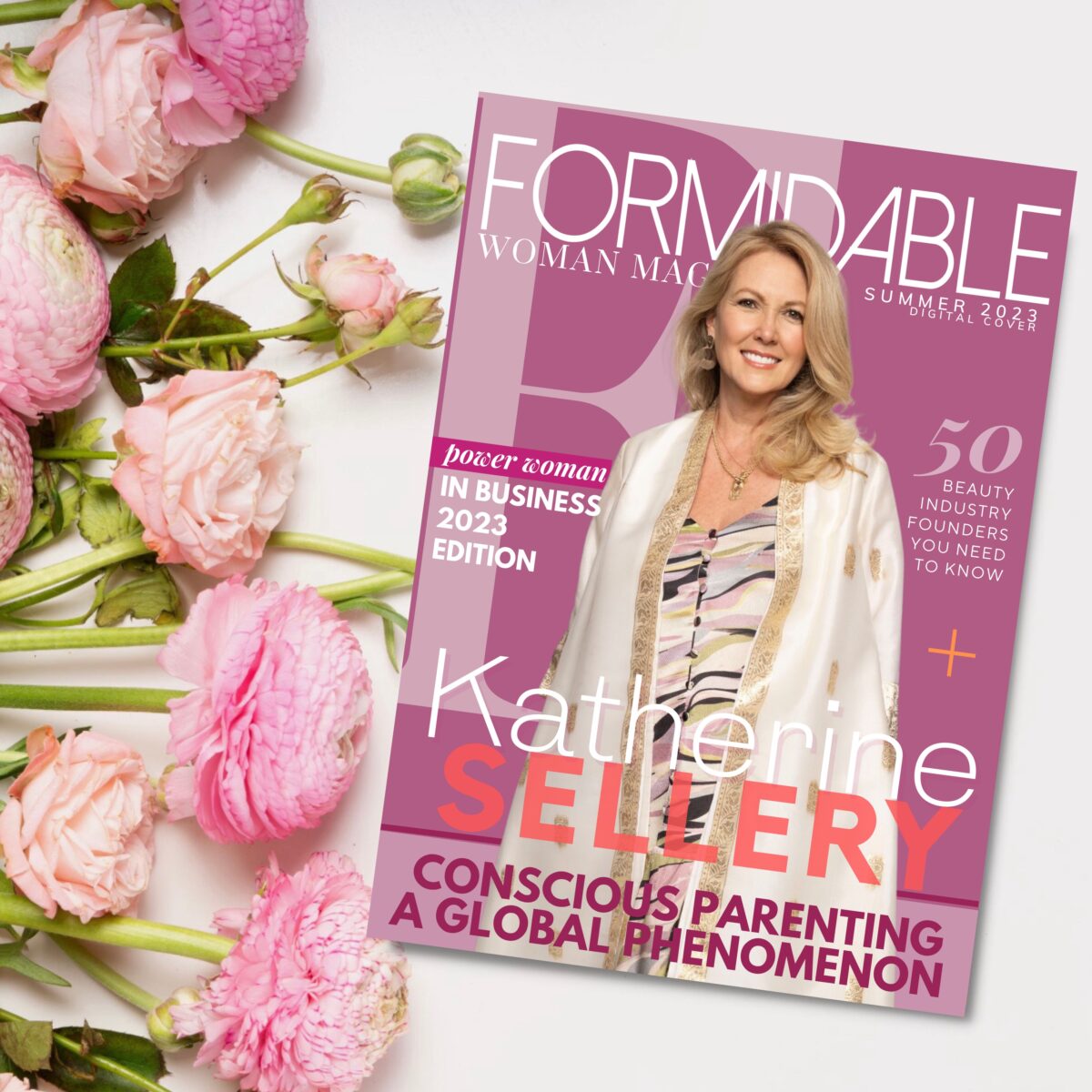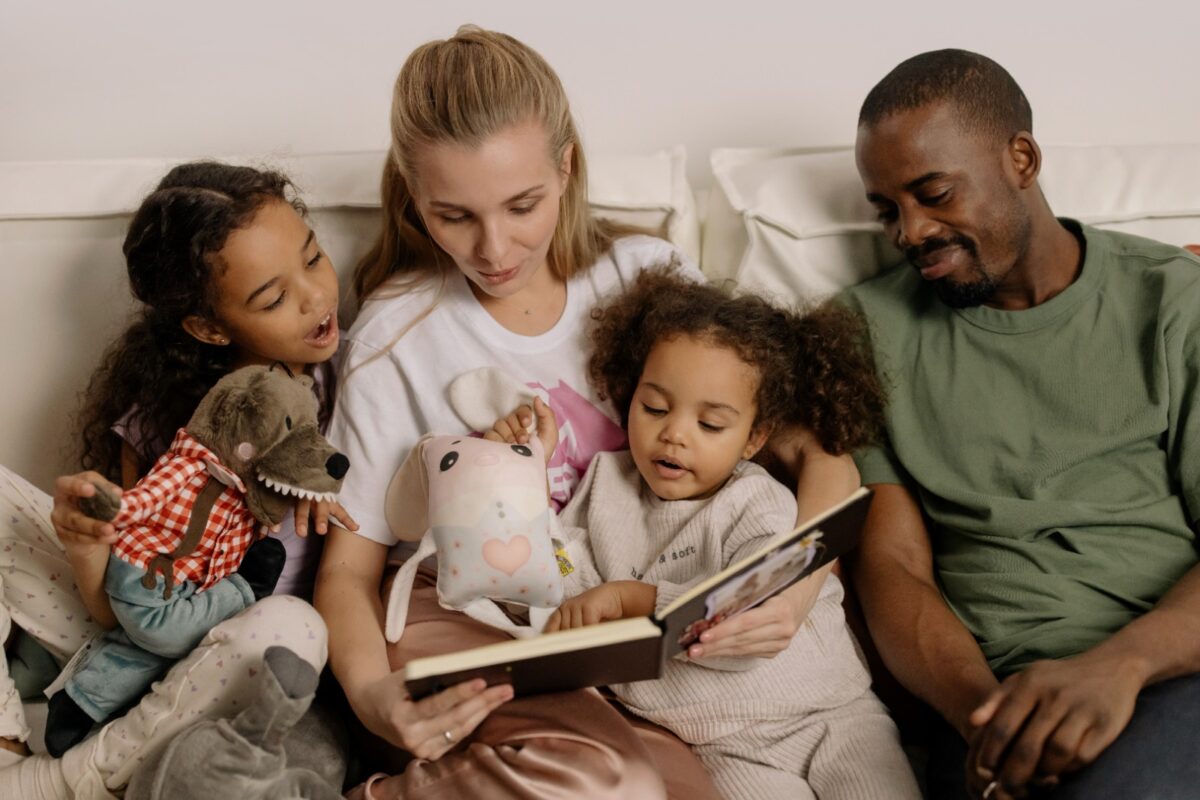
The Art of Parenting: Balancing Fear and Encouragement as Kids Journey to Adulthood Have you ever questioned if you’re treating your children fairly? The passage of time can be perplexing. The little ones you once held in your arms now stand before you, independent individuals. In the narrative of parenthood, the query arises: “Are You A Bad Parent For Treating Your Kids Differently?”
Recollections of childhood and growth are as poignant as a melody from “Fiddler on the Roof.” The musical’s lyrics echo the sentiments of parents everywhere:
“Is this the little girl I carried? Is this the little boy at play? I don’t remember growing older, When did they?”
The story of Tevye, a Jewish milkman with five daughters, encapsulates the profound transformations parenthood ushers in. As his eldest daughter walks down the aisle, Tevye and his wife croon the lyrics to a tender lullaby.
When did she grow to be a beauty? When did he grow to be so tall? Wasn’t it yesterday when they were small?
The journey of parenting is marked by moments of joy, anxiety, and contemplation. How do you feel as you witness your children’s evolution into adults? Do hope and excitement fill your heart, or do you find traces of fear and trepidation?

The Complex Dynamic: Parenting and Differential Treatment
Modern parents, faced with the inevitability of their children’s growth, often grapple with complex emotions. A study from the American Family Survey divulges that parents establish arbitrary milestones to grapple with the unease surrounding their children’s transition to adulthood, inadvertently delaying their independence.
When asked about appropriate ages for kids to engage in unsupervised activities like playing at a park or walking home alone, the response was commonly age 13. Curiously, these same parents indicated they would permit their children to pursue employment or go on dates within a mere two years of that age.
These figures point to a deeper sentiment—fear. What underlies parental hesitation? Let’s explore:
-
- Fear of danger: The foremost concern for parents is the safety of their offspring, including “How to Help Children Manage Fears”. This apprehension is natural, yet confining children to an overly sheltered existence isn’t the solution.
-
- Fear of the future: The unpredictability of life, as exemplified by the abrupt shifts caused by the COVID-19 pandemic, triggers anxiety. While safeguarding children’s happiness is a priority, much remains beyond parental control.
-
- Fear of separation or letting go: Observing children transition to adulthood can evoke powerful emotions of solitude and insignificance. Guiding them toward autonomy, including addressing the topic of “Fear of My Kids Growing Up,” is an essential parental duty.
Navigating the Path: Overcoming Apprehensions
Acknowledging parental apprehensions is the initial step to conquering them. Confronting these fears, not only for your sake but also for your children’s, is a rewarding endeavor.
Consider these five strategies:
-
- Be a beacon of positivity: Children often mirror their parents’ emotions. Demonstrating confidence and assurance sets the tone for their own feelings of security as they navigate life’s uncertainties.
- Offer encouragement: Adolescence can be a tumultuous period. Remember your own insecurities during those years. Providing unwavering support and conveying that emotions are transient can be immensely reassuring, addressing the query of “Why do parents treat their kids differently.”
- Honesty matters: While encouragement is vital, it must be rooted in reality. Sugarcoating life’s challenges won’t serve your child’s development. Addressing the truth, even if uncomfortable, equips them with resilience.
- Embrace communication: Open dialogue bridges gaps. Sharing your concerns and expectations establishes mutual understanding. Finding common ground—like agreeing on safety protocols—fosters trust.
- Presence speaks volumes: Above all, let your children know they’re never alone. Your availability, willingness to listen, and empathy create a haven for them in a world of uncertainties.
As you ponder the ever-evolving journey of parenting, remember that nurturing your children’s growth doesn’t make you a bad parent. Embrace the transformation, and guide them with wisdom, care, and love. In the intricate dance of parenting, the paradox of nurturing is unveiled. The journey, rife with anticipation and unease, necessitates a delicate balance of guidance and release. The question—Are You A Bad Parent For Treating Your Kids Differently?—gains resonance. Our fears are not indictments of our capabilities but rather echoes of our deep-rooted love. By treading these paths—being mirrors of positivity, addressing why parents treat their kids differently, embracing the Fear of My Kids Growing Up, offering genuine encouragement, fostering honesty, nurturing communication, and embodying unwavering presence—we sculpt a roadmap to traverse the terrain of parenthood. Amidst these strategies, we unearth the remarkable truth that growing up is not solely for our children; it’s a journey we, as parents, embark upon too.
Love and Blessings, Katherine





















